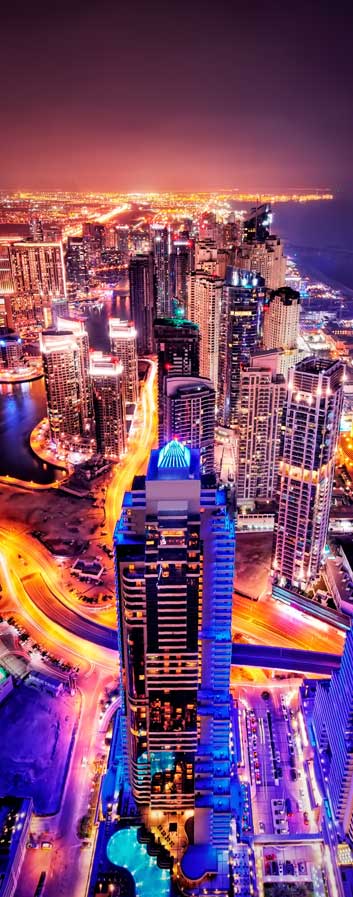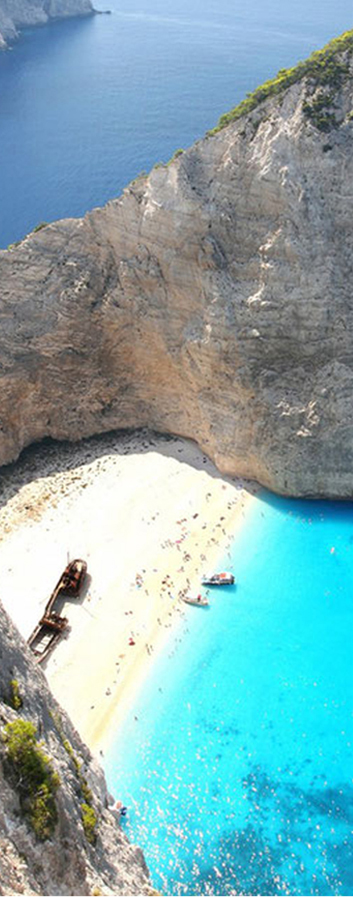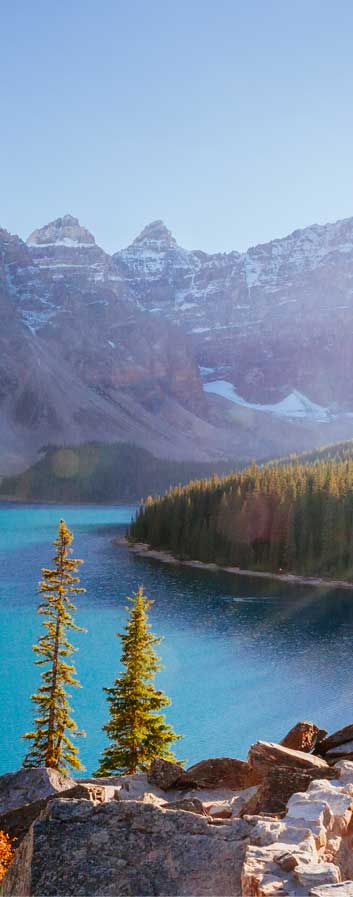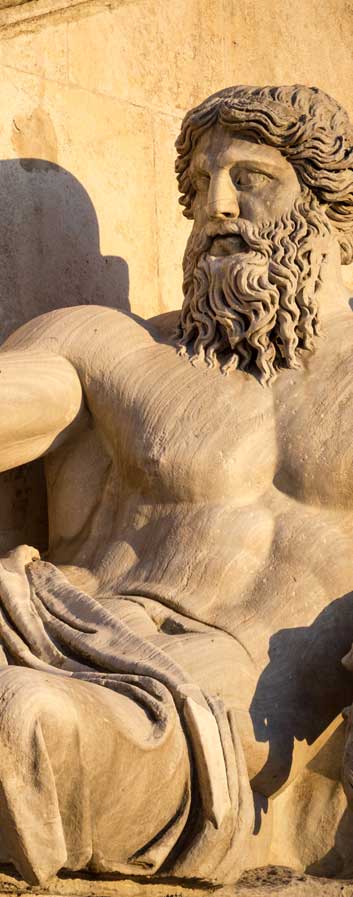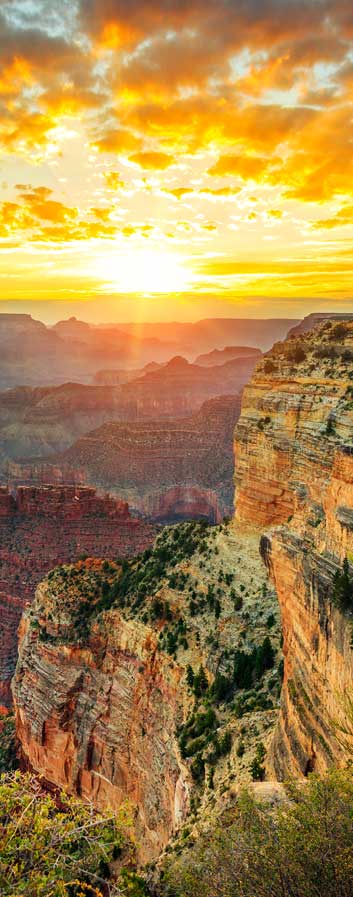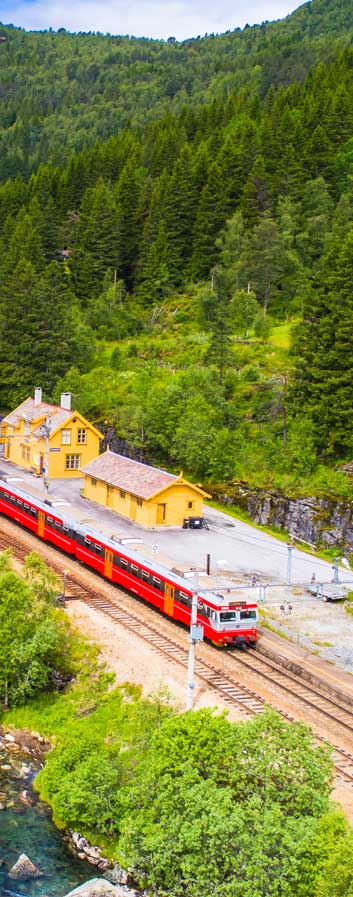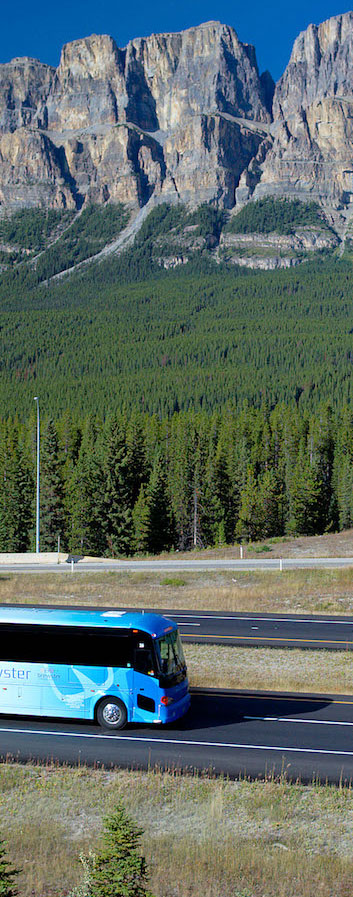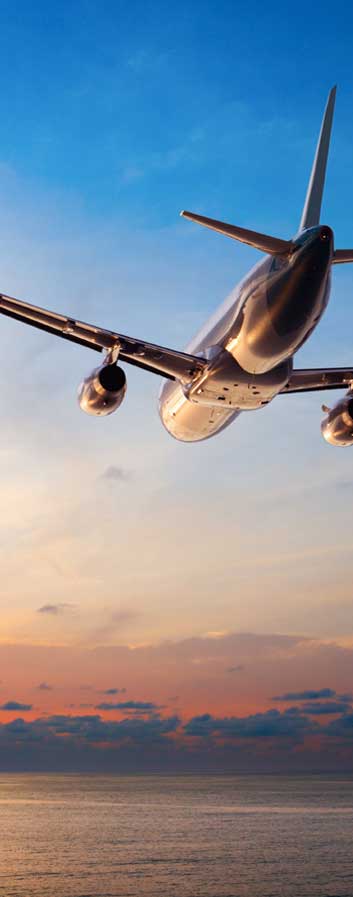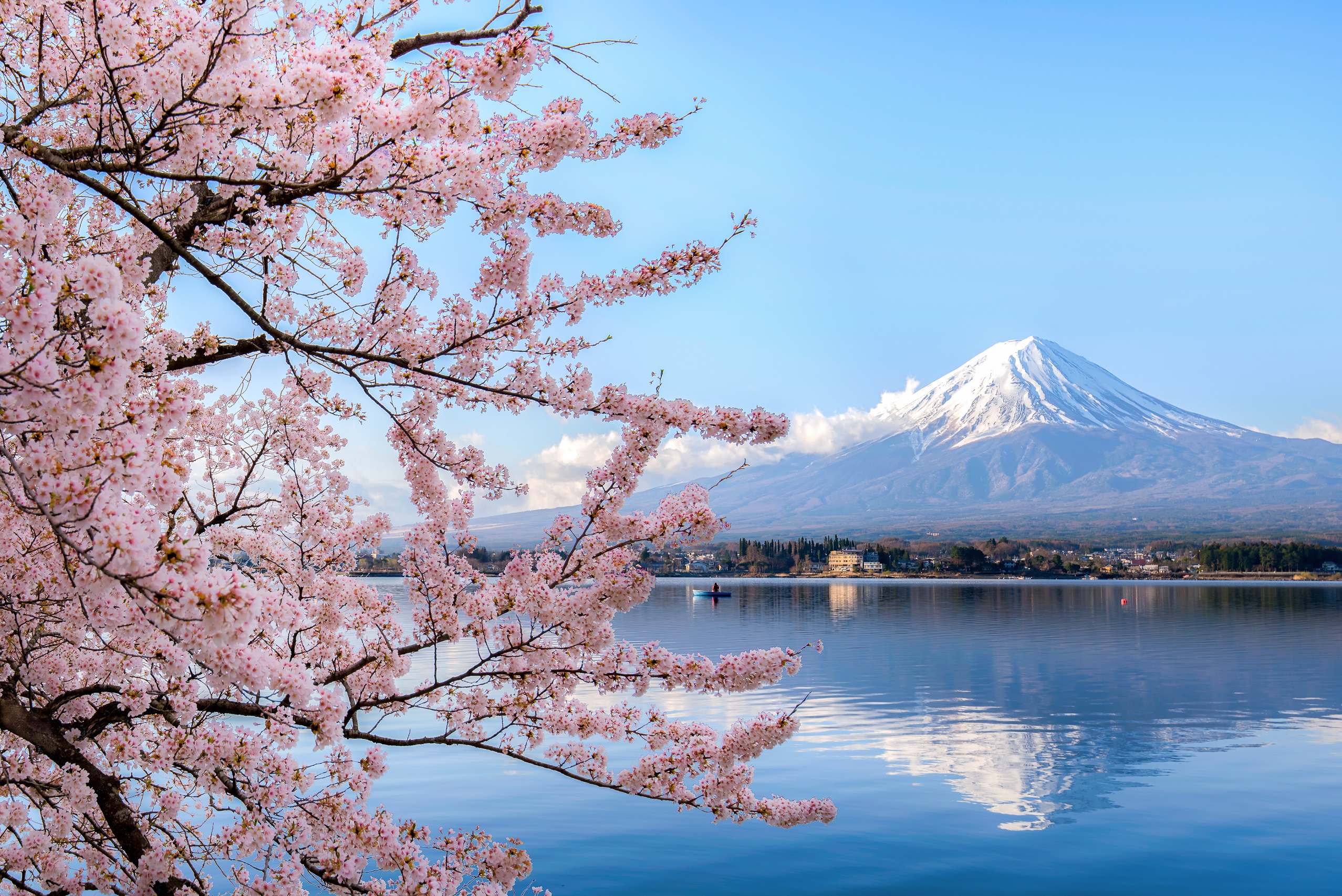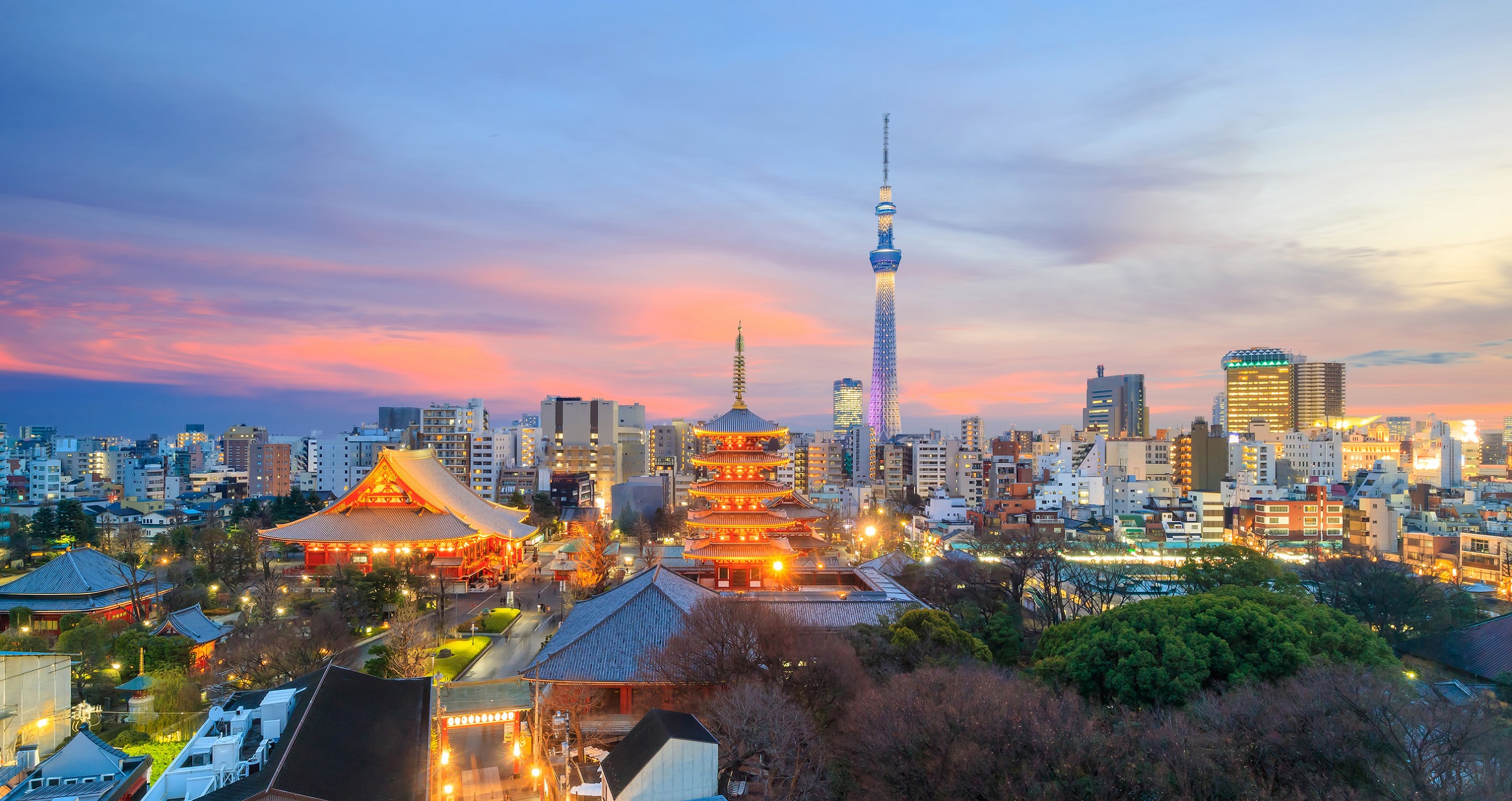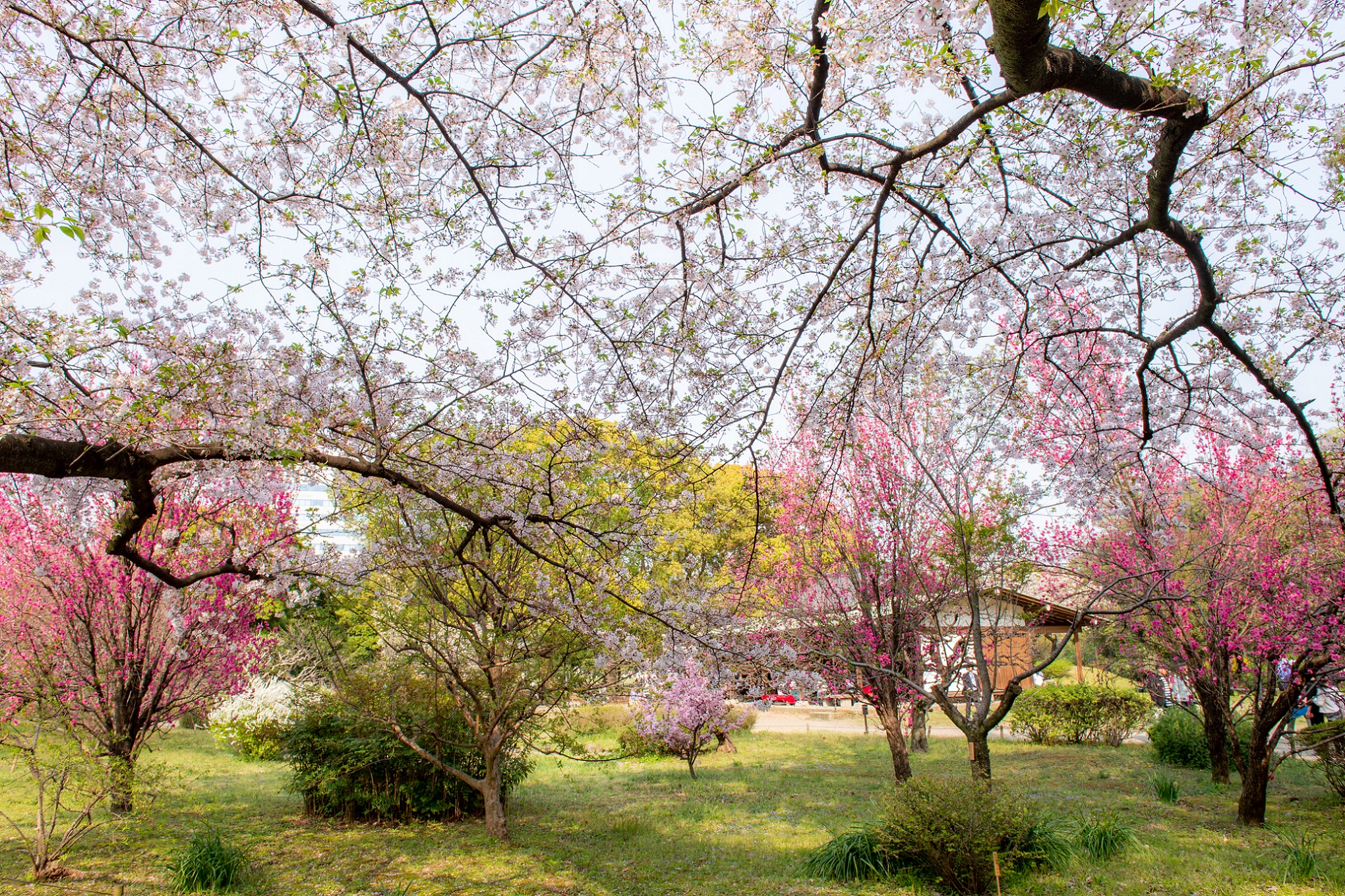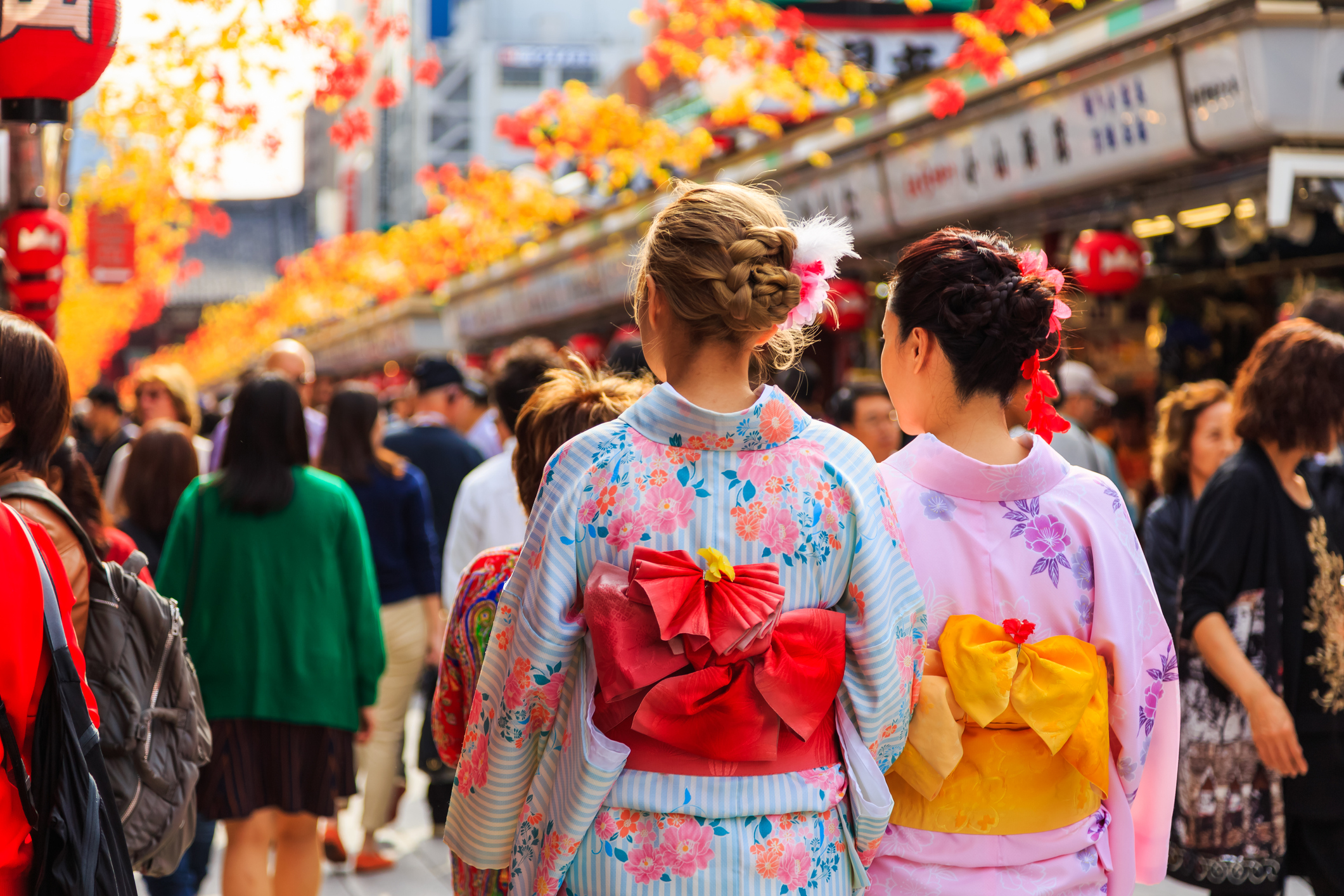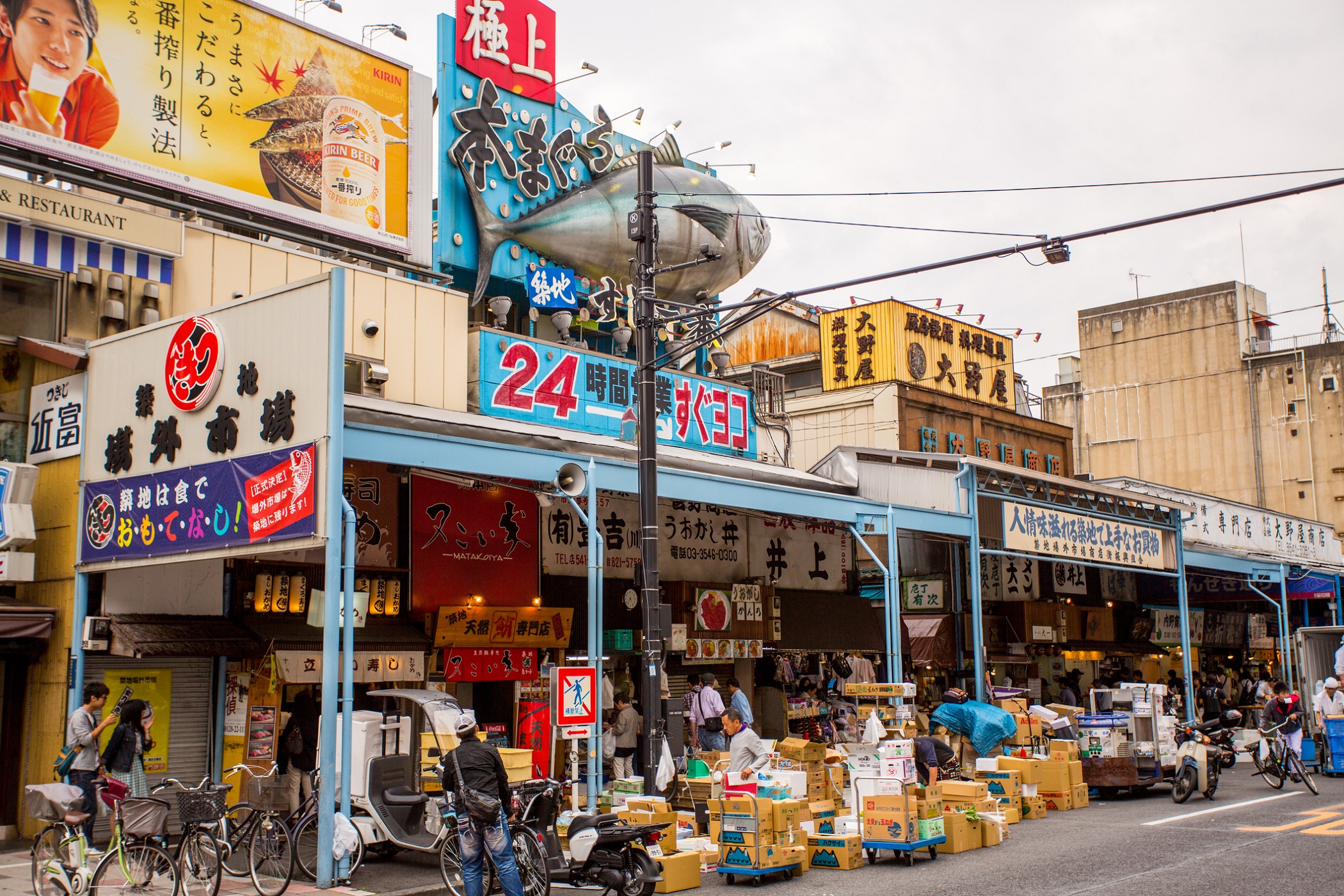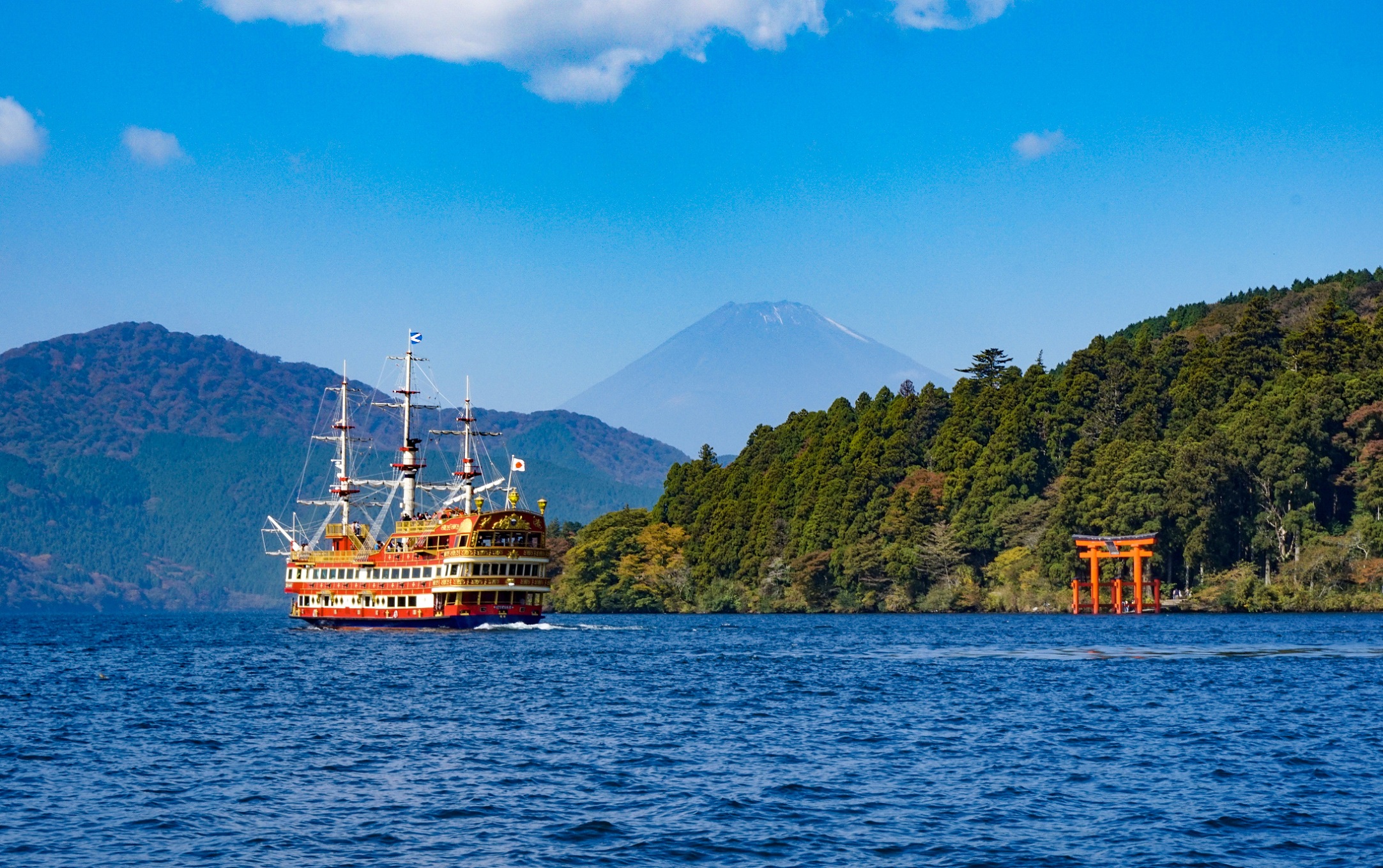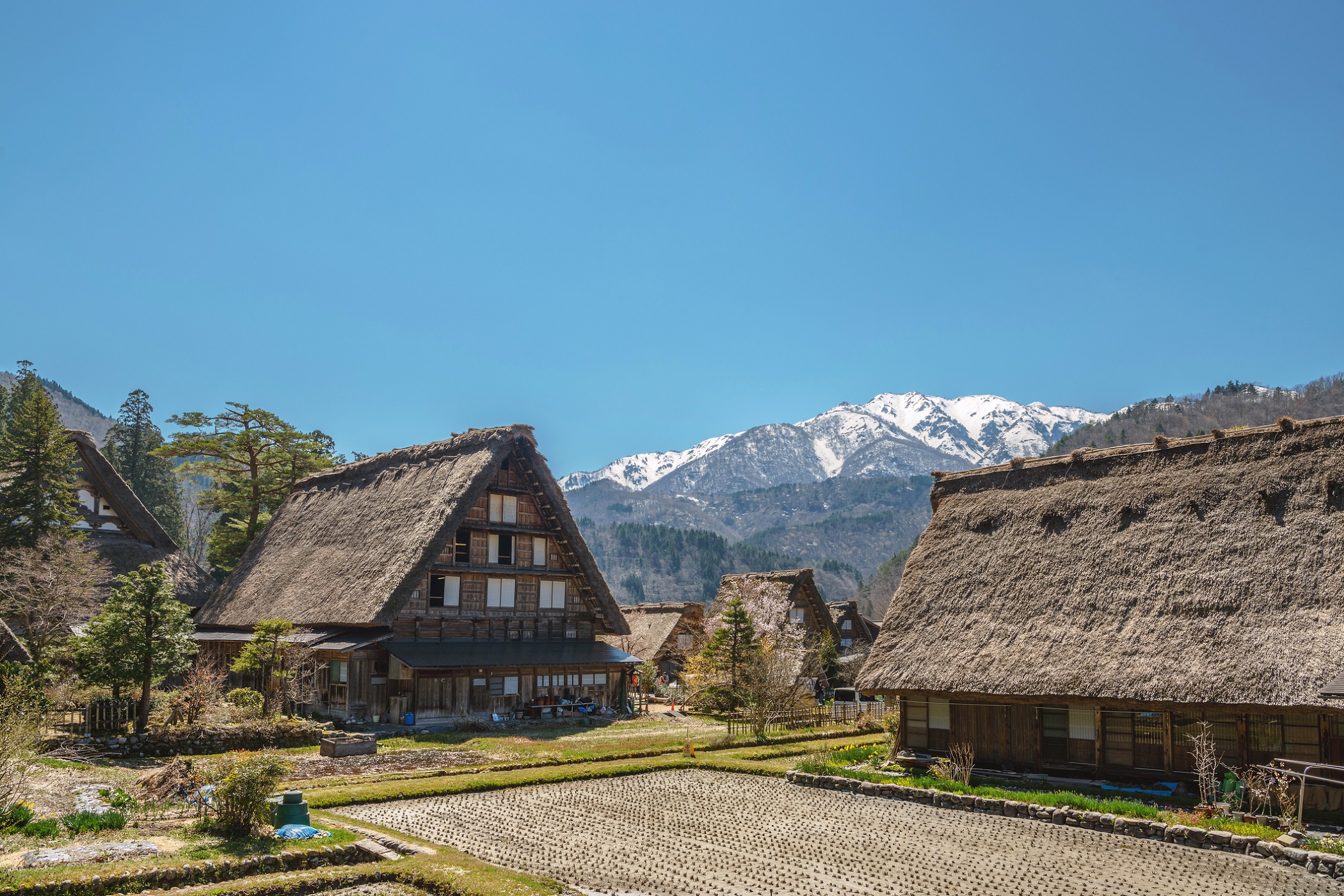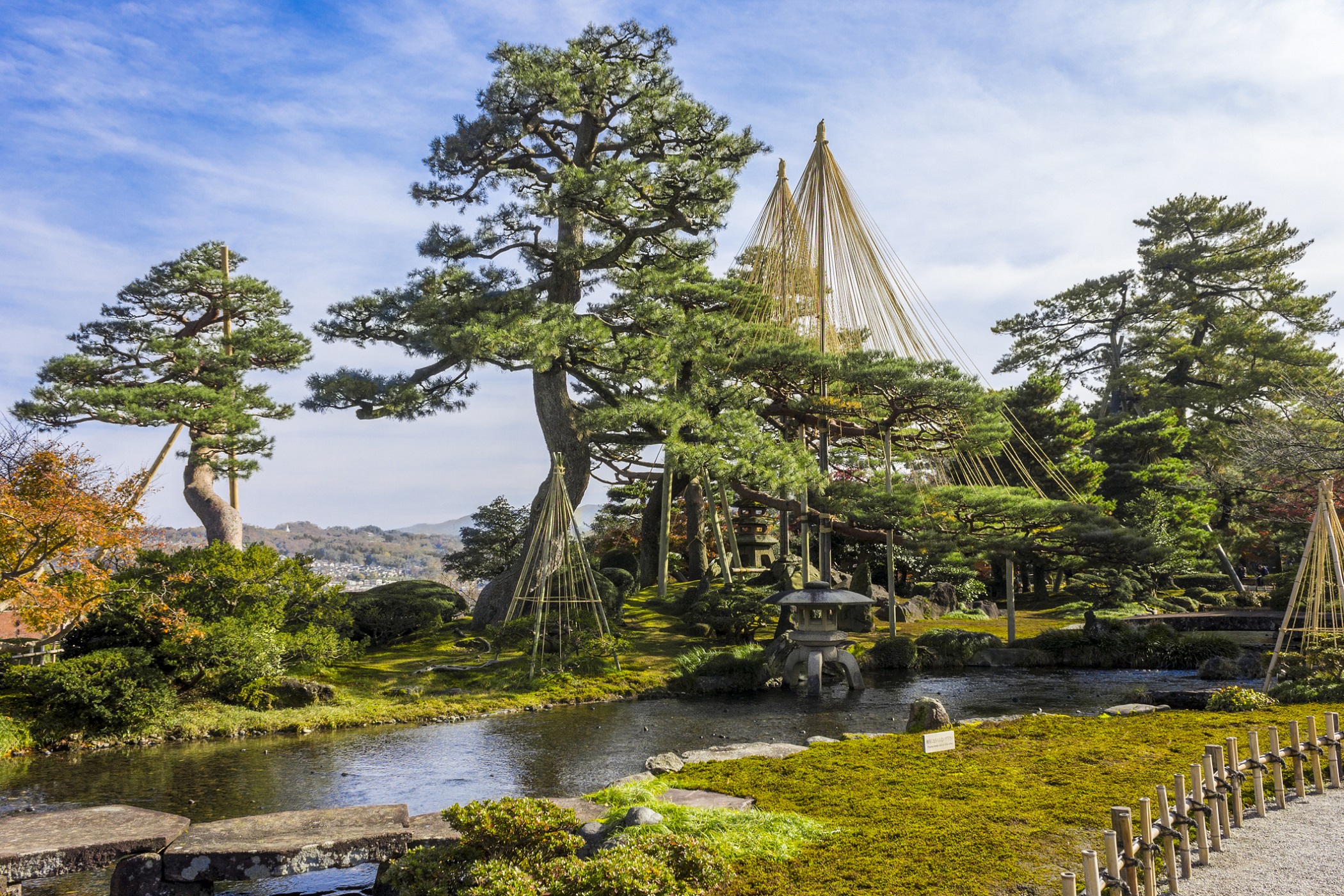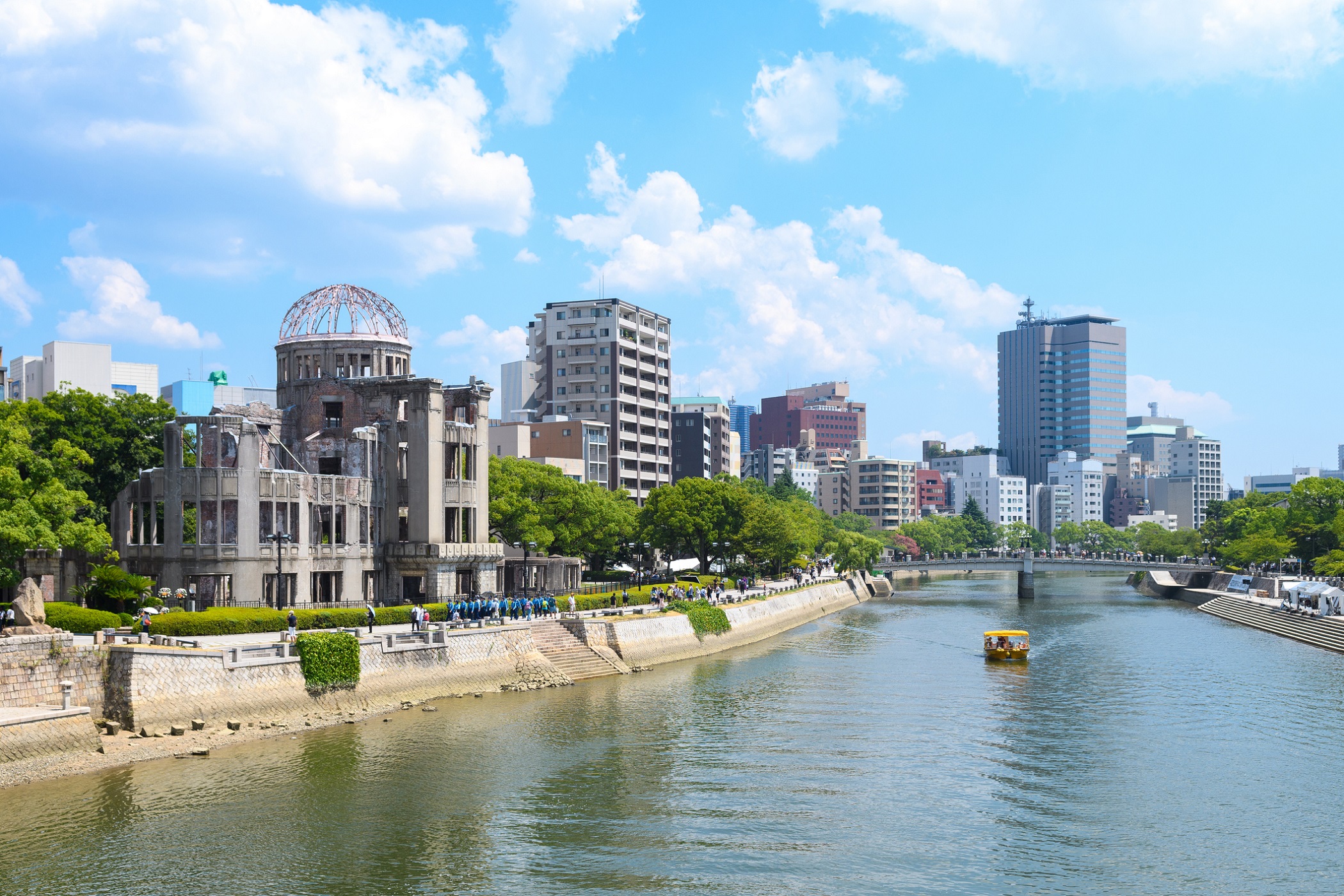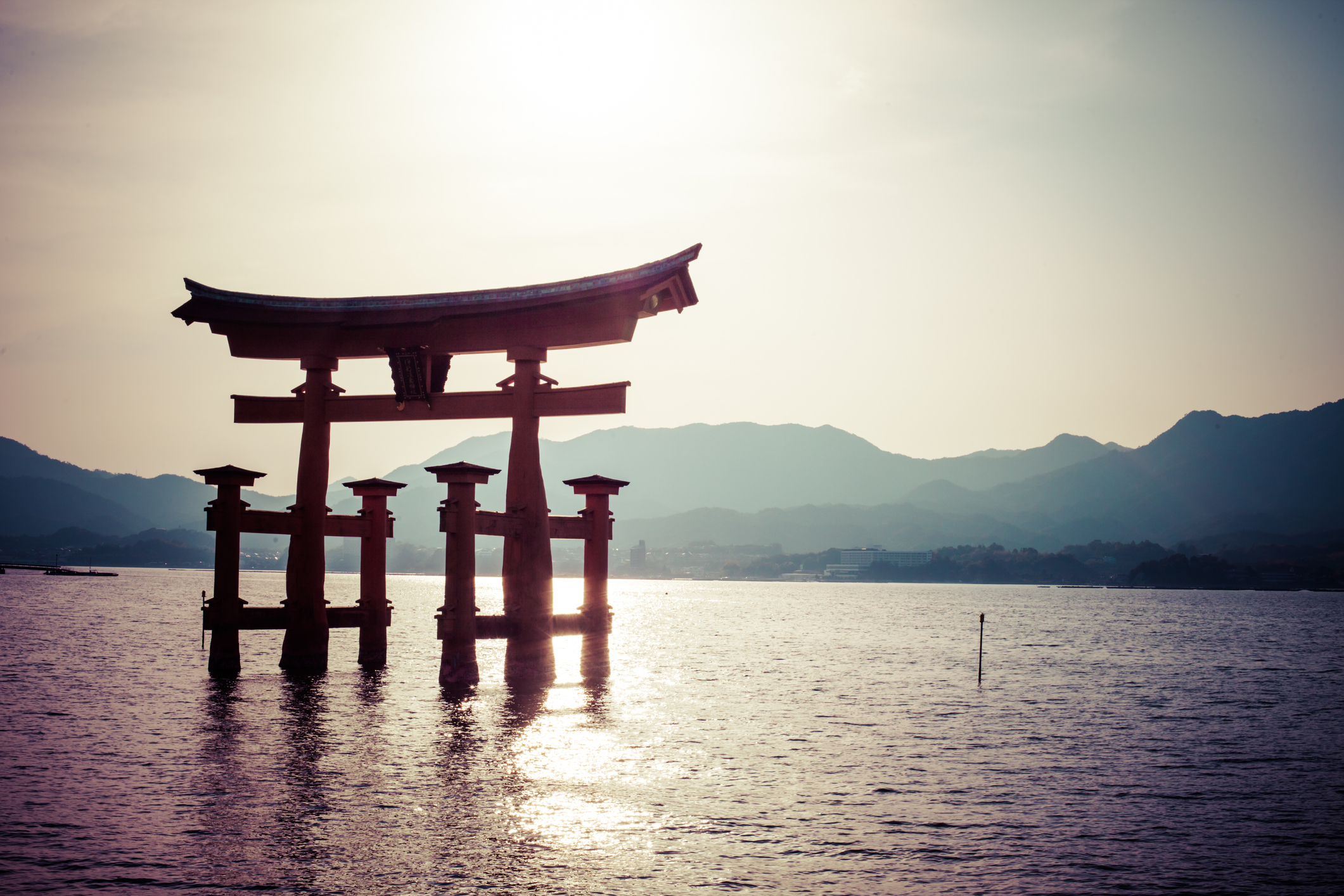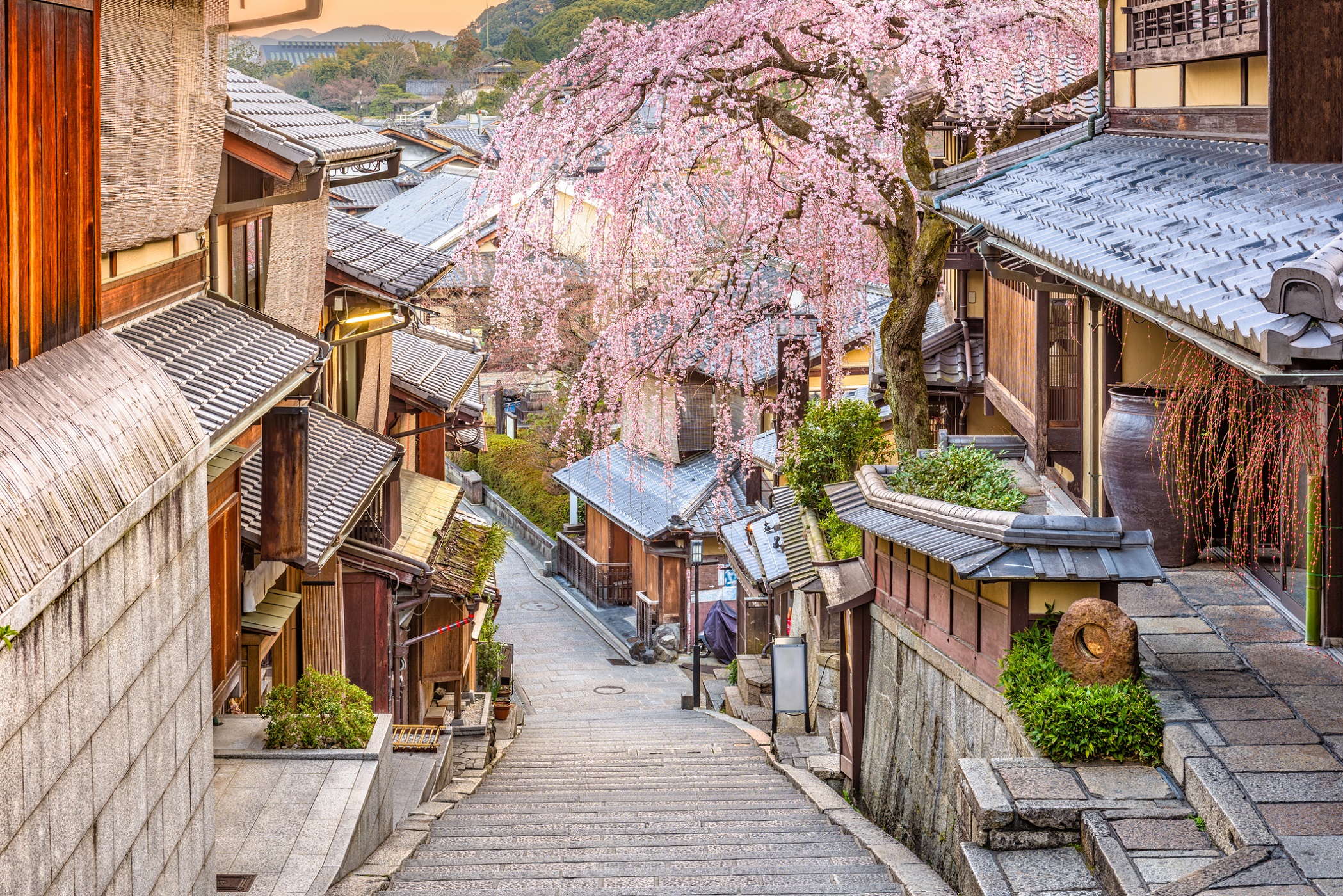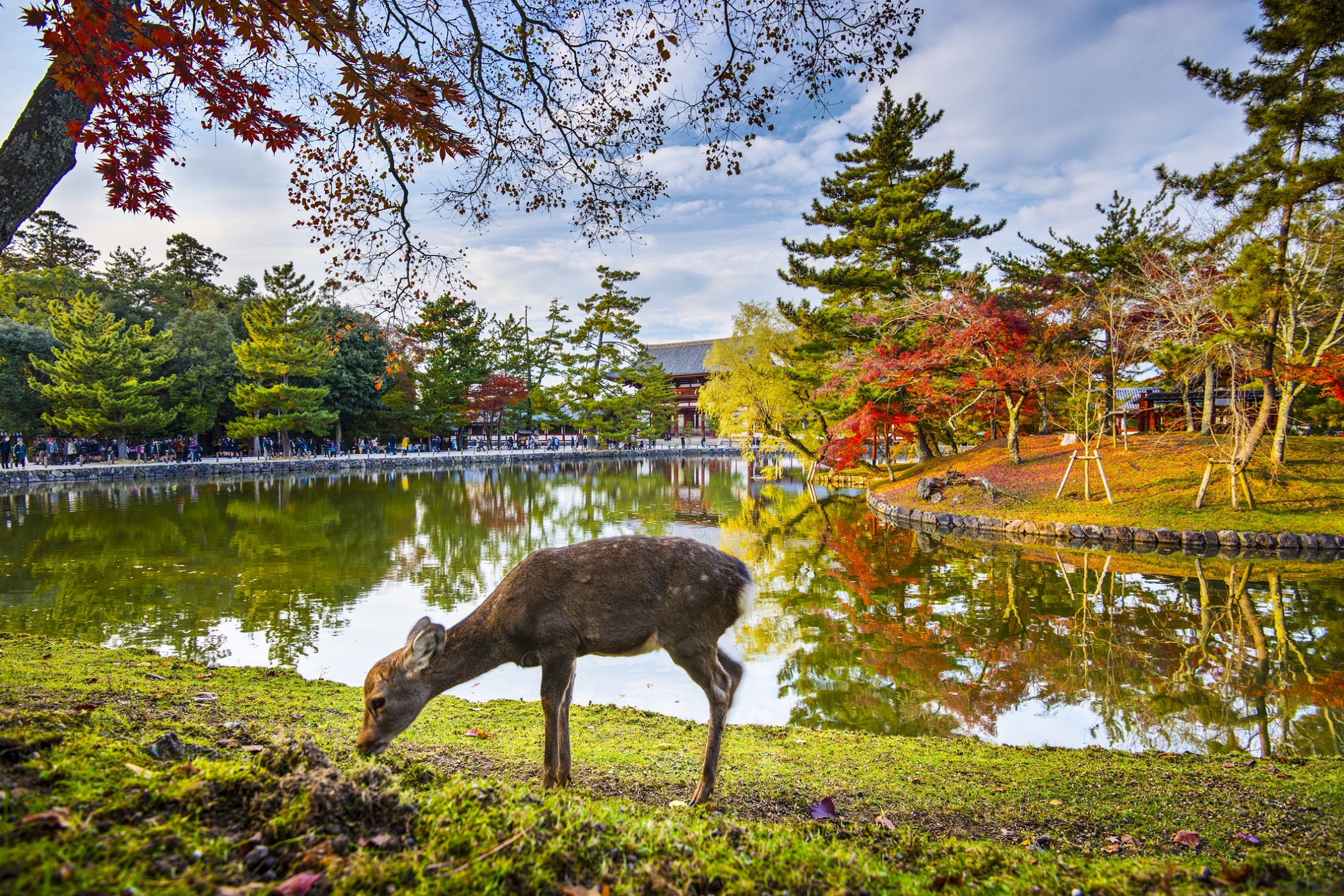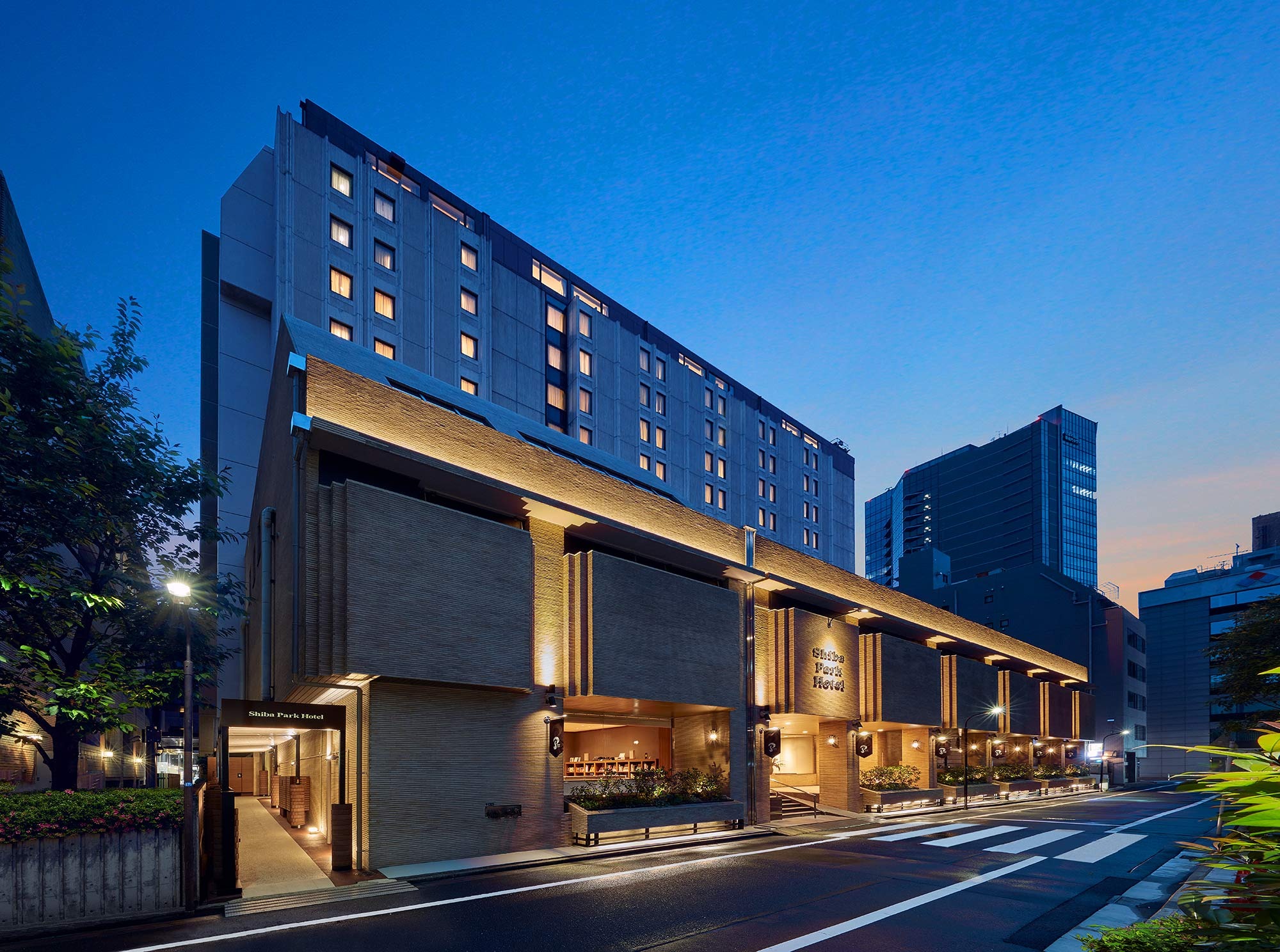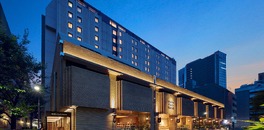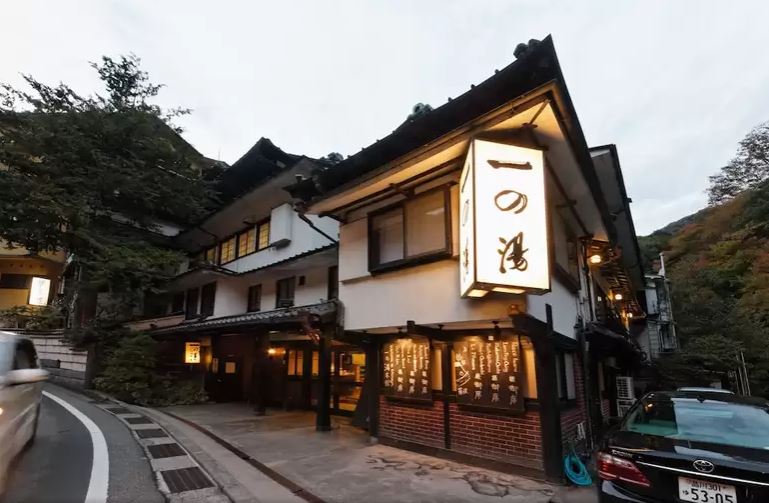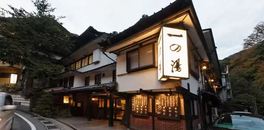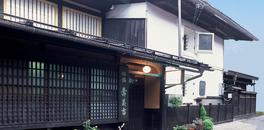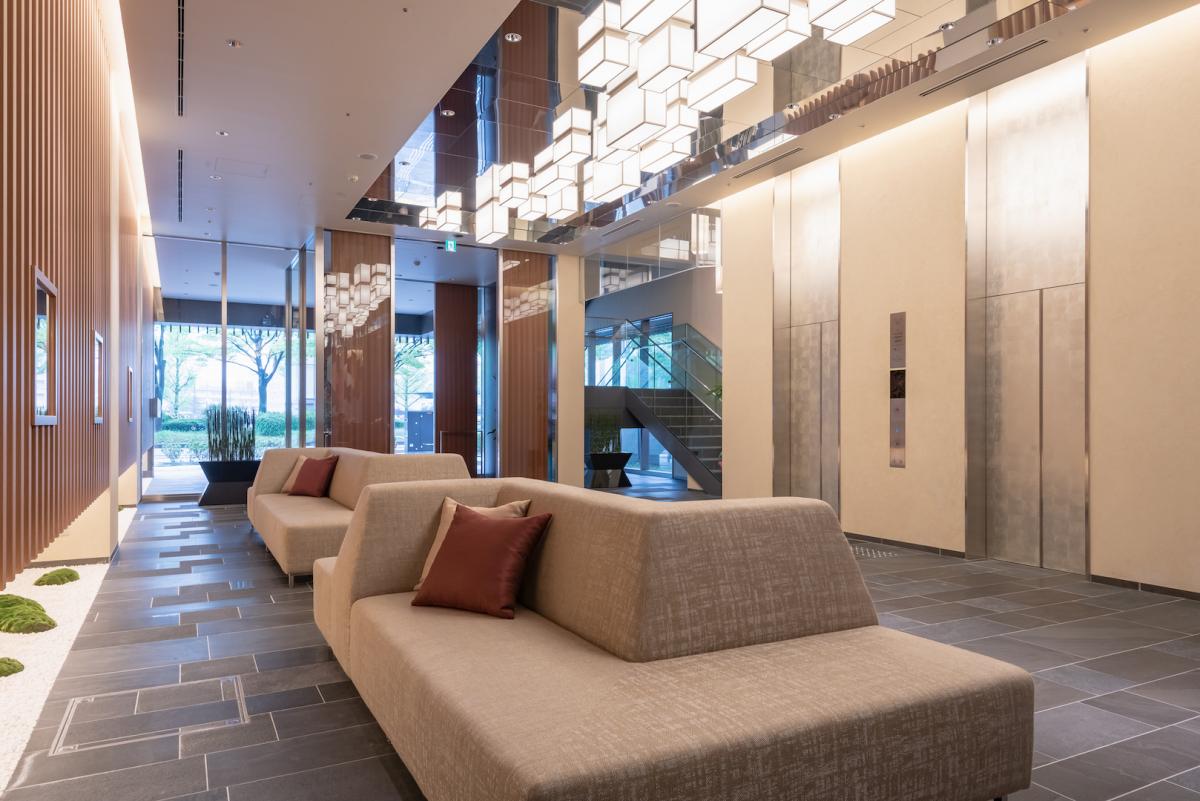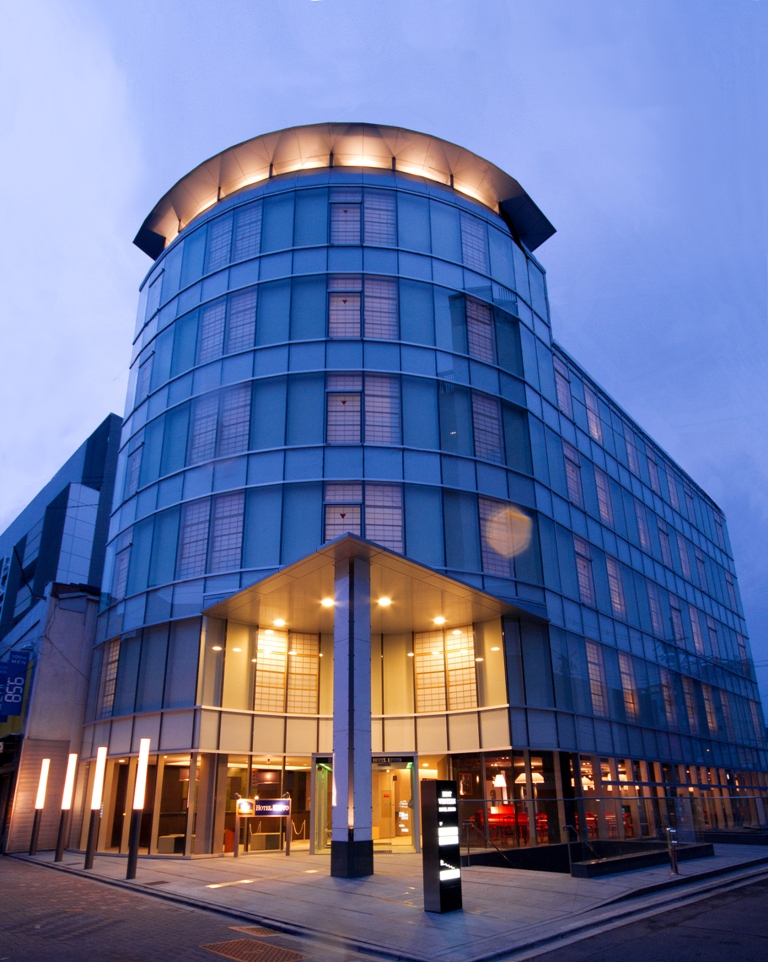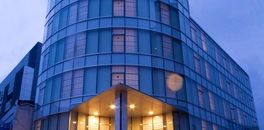Tokyo is a city of contrasts. This front-line capital famous for its pioneering modernity, iconic landscapes of neon and soaring skyscrapers is dotted with peaceful parklands, shrines, temples and adored gardens. Despite its mania for anime pop culture, fashion, digital trends and discernable consumption, the city embraces an ancient heritage evident in the temples and shrines scattered amongst the vast skyrises. The Imperial Palace provides a palpable link to the city’s incredible heritage even with the explosion of commercial emporia. Free from the shopping and entertainment districts, historic wooden house, private bonsai gardens and the calming Zen atmosphere of the Hamarikyu Gardens thrive to allow visitors an escape from the hyperactivity of the lively streets. Even with the city’s costly reputation visitors can take advantage of the inexpensive izakaya bars and neighbourhood cafes serving delectable noodle and rice dishes. In fact, many of Tokyo’s charms can be enjoyed free of charge; stroll through Asakusa and the Buddhist temple Sensoji, the fashion Mecca of Harajuku, the world’s largest fish market at Tsukiji, or the neon-imbued atmosphere of Shinjuku and be enveloped by Japan’s largest city.
On your arrival at Narita Airport, you will be met by an assistant at the arrival lobby for your shared transfer to your hotel in Tokyo. The rest of the day will be at your leisure.
Shiba Park Hotel
Shiba Park Hotel is a well-established 4-star hotel located in the heart of Tokyo’s Minato district, offering a perfect blend of comfort, convenience, and traditional Japanese hospitality. Positioned near Tokyo Tower and within walking distance of Shiba Park, this hotel provides easy access to both cultural landmarks and modern city attractions. Its serene yet central setting makes it ideal for both business and leisure travelers. Haneda Airport is just a short drive away, adding to its accessibility for international guests.
Take a day tour of this fascinating city with a local guide. First up is Asakusa, Tokyo’s old town where you can soak in the atmosphere of the Tokyo of old. Visit Sensoji, Tokyo’s oldest temple and wander down Nakamise, a shopping street that has been providing temple visitors with a variety of traditional, local snacks and tourist souvenirs for centuries. Next, travel down the Sumidagawa River on Tokyo's Water Bus, a unique means of transportation. You'll arrive directly at Hamarikyu garden, an Edo Period Japanese garden surrounded by the Shiodome district’s futuristic skyscrapers, a great example of how Japan is the land of contrasts, where you will stop for a cup of steaming matcha and Japanese sweets in a tea house on a small island in the park’s lake.
After lunch, enjoy a visit to Meiji Shrine, a shrine dedicated to the deified spirit of Emperor Meiji and a popular place for traditional Japanese weddings. Finally, as the sunlight dims, take a walk down the sparkly Omotesando shopping street, a broad tree lined avenue home to the flagship stores of the world’s top fashion brands and some fantastic modern architecture.
Shiba Park Hotel
Shiba Park Hotel is a well-established 4-star hotel located in the heart of Tokyo’s Minato district, offering a perfect blend of comfort, convenience, and traditional Japanese hospitality. Positioned near Tokyo Tower and within walking distance of Shiba Park, this hotel provides easy access to both cultural landmarks and modern city attractions. Its serene yet central setting makes it ideal for both business and leisure travelers. Haneda Airport is just a short drive away, adding to its accessibility for international guests.
Today, you will enjoy a fantastic private cooking lesson. Make your own way to the meeting point, which is the iconic Tsukiji Honganji Temple.
The world’s largest fish market, Tsukiji Market, handled about 2,888 tons of marine products a day worth about 2.8 billion yen (US$20million) before half of it moved to its new location in Toyosu. Some 450 kinds of fish were received – from penny-per-piece sardines to golden brown dried sea slug caviar, a bargain at US$473 a pound. Some of the giant tuna sold for well over 1,000,000JPY each (US$8000). While the inner market has moved to its new location, the outer market remains standing and you can take time to wander through, exploring both the vegetable and fruit areas plus the impressive seafood section. You will stroll around the market with a guide and will be able to try some tasty samples as you explore.
You will then hop on a local bus to visit a nearby Japanese chef. He will answer all your questions about sushi and Japanese food culture and will help you to make a selection of delicious fresh sushi. You will then get to enjoy your home-made sushi for lunch.
Please note that this tour focuses on the outer market open to the public at Tsukiji and not the new inner market located at Toyosu.
Note: Due to closures at the market, this tour is not available on Sunday's or Wednesday's. An alternative cooking class or tour can be suggested on these dates.
Shiba Park Hotel
Shiba Park Hotel is a well-established 4-star hotel located in the heart of Tokyo’s Minato district, offering a perfect blend of comfort, convenience, and traditional Japanese hospitality. Positioned near Tokyo Tower and within walking distance of Shiba Park, this hotel provides easy access to both cultural landmarks and modern city attractions. Its serene yet central setting makes it ideal for both business and leisure travelers. Haneda Airport is just a short drive away, adding to its accessibility for international guests.
Hakone is a natural wonderland and is famous for its hot springs, outdoor pursuits and the view of the nearby Mount Fuji. It is part of the Fuji-Hakone-Izu National Park and is less than 100-km from Tokyo, thereby providing a popular weekend destination for city residents keen to escape the frenzy of the capital. Beautiful Hakone has about everything a vacationer could wish for. Besides the towering mountains, lakes and views of Mount Fuji, it is also blessed with charming historical sites. You can tour Hakone as a day trip if you leave early enough in the morning and limit your sightseeing to a few key attractions, but adding an overnight stay, including a soak in a hot-spring tub is definitely recommended.
Take Japan's world-famous Shinkansen bullet train to Hakone (2hr) using your JR Pass. Armed with your Hakone Free Pass, take advantage of the extensive local transport network to explore this stunning region (unguided). From switchback trains to cable cars, ropeways to buses and even a pirate ship that will sweep you across the volcanic Lake Ashi with views of Mt Fuji.
You will stay in a Japanese traditional ryokan, sleeping on futons laid out on tatami mats with delicious meals and piping hot onsen (hot spring) baths.
Tonosawa Ichinoyu Honkan
'Ichinoyu' was founded in 1630 as a pioneer of the hot spring hotel industry in the Hakone area and even painted by the famous UKIYOE painter - Utagawa Hiroshige.
With its plethora of temples, shrines, festivals, rivers and bridges the mountain town of Takayama has been called a “little Kyoto”. The region is an agricultural one, and every day the freshest of vegetables and fruit are brought by local farmers to Takayama’s lively morning market. Many unique traditions have evolved here, and due to the town’s previously inaccessible location high in the Hida alpine region, a remarkable number of them have been preserved. The district called San-machi Suji, the traditional home of Takayama merchants and sake brewers, has been preserved in almost exactly the same state as 200 or 300 years ago. Here, are inns, shops and taverns which trace their history back many generations.
From Hakone, take the world-famous Shinkansen bullet train, reaching speeds of up to 300km/h. You will then change onto the Limited Express Hida Wideview for one of the most scenic train journeys in Japan, winding your way through tall mountains and stunning gorges to Takayama.
Make your own way to your accommodation. This afternoon is at your leisure. We recommend visiting one of the town’s many sake breweries for a taste of the local drop, its high quality ingrained in the area’s clean water sources.
Sumiyoshi Ryokan
Located just a 1-minute walk from popular Miyagawa Morning Market in the heart of Takayama, Sumiyoshi Ryokan offers homely Japanese-style accommodation in the historic townhouse building. Free WiFi is available at the lobby and guestrooms.
This hotel was selected as one of the Top 25 B&Bs and Inns in Japan by TripAdvisor's Travelers' Choice Award 2015.
The day is at your leisure. After breakfast, we recommend you head up to the Miyagawa morning markets which sell local crafts and produce. This is a great opportunity to try some of the region’s delicious fruit and vegetables. A short bus ride will take you to Hida No Sato Folk Village, an open-air museum exhibiting over 30 typical farmhouses and other traditional buildings from the Hida region. A workshop in the village illustrates how many of Japan's famous handicrafts are made, including wood carving, tie-dying, weaving, and lacquering. In the afternoon, you can visit the Takayama Festival Floats Museum, displaying floats from the famous Takayama festival, or simply wander through the beautifully preserved old town.
Sumiyoshi Ryokan
Located just a 1-minute walk from popular Miyagawa Morning Market in the heart of Takayama, Sumiyoshi Ryokan offers homely Japanese-style accommodation in the historic townhouse building. Free WiFi is available at the lobby and guestrooms.
This hotel was selected as one of the Top 25 B&Bs and Inns in Japan by TripAdvisor's Travelers' Choice Award 2015.
Today will be self-guided. Using your included coach tickets, you will pay a visit to the UNESCO World Heritage Listed Shirakawago village, famous for its traditional gassho-zukuri farmhouses, some of which are more than 250 years old.
Gassho-zukuri translates as ‘Praying Hands’, as the farmhouses' steep thatched roofs resemble the hands of Buddhist monks pressed together in prayer, and are designed to withstand the heavy snows which fall in the region.
After your visit, you will head onwards to Kanazawa by coach with your included ticket.
Hotel Vista Kanazawa
Just a short walk from Kanazawa Station, this Japanese-style hotel features a 24-hour front desk and public bath.
This hotel is located just 13 minutes away by bus from Kenroku-en, 6 minutes bus ride away from Omicho Market and the 21st Century Museum of Contemporary Art is just a 12 minute bus ride away.
During the Edo Period, Kanazawa served as the seat of the Maeda Clan, the second most powerful feudal clan after the Tokugawa in terms of rice production and fief size. Accordingly, Kanazawa grew to become a town of great cultural achievements, rivalling Kyoto and Edo (Tokyo). During World War Two, Kanazawa was Japan's second largest city (after Kyoto) to escape destruction by air raids. Consequently, parts of the old castle town, such as the Nagamachi samurai district and chaya entertainment districts, have survived in good condition. Today, Kanazawa remains an important city in its region and serves as the capital of Ishikawa Prefecture. The city boasts many historical attractions such as restored residences and districts, as well as modern museums. But Kanazawa's unchallenged main attraction is Kenrokuen, one of Japan's "three best landscape gardens" and by many considered the most beautiful of them all.
A free day to explore Kanazawa. The highlight of any visit to Kanazawa is Kenrokuen garden – its breathtaking beauty shines through in any season. We also recommend visiting Kanazawa Castle, located next to the garden. You can visit the Nagamachi Samurai District, the Saihitsuan Yuzen Silk Center – demonstrating the centuries-old Yuzen silk painting technique – and the Nomura Samurai House – a traditional Japanese home with a tea-ceremony room, an interior courtyard garden and artifacts from the Edo period.
Hotel Vista Kanazawa
Just a short walk from Kanazawa Station, this Japanese-style hotel features a 24-hour front desk and public bath.
This hotel is located just 13 minutes away by bus from Kenroku-en, 6 minutes bus ride away from Omicho Market and the 21st Century Museum of Contemporary Art is just a 12 minute bus ride away.
Hiroshima is notorious for its destruction when the first Atomic Bomb was dropped over the city during the Second World War in August 1945. The destructive power of the bomb obliterated nearly everything within a two kilometre radius. From this absolute annihilation, Hiroshima emerged, phoenix-like, and become a beacon of hope and peace for the rest of mankind. Destroyed monuments of the city’s historical heritage, such as the Shukkeien Garden and the Hiroshima Castle, have been rebuilt. The city centre boasts a large recreational area named Peace Memorial Park, reflecting the aspirations of this reborn city. The city’s tragic past has become its biggest tourism attraction, and visitors from around the world now come to see the Peace Memorial Park and its haunting museum. Hiroshima is now the principal city of the Chugoku region and is home to over a million inhabitants who live in a municipality that boasts wide tree-lined boulevards and rivers. Besides excellent museums, Hiroshima is also the most popular gateway for trips to nearby Miyajima, an island considered to be one of Japan’s most scenic spots.
Travel by train to Hiroshima (4 hours with one change in Shin Osaka).
Hotel Vista Hiroshima
The hotel is a 2-minute walk from the Hiroshima Electric Railway "Hatchobori" stop and it is in a good location within walking distance from the World Heritage Atomic Bomb Dome, Peace Memorial Park and the business district.
The building is based on harmony and the guest rooms are all non-smoking rooms designed with a bathroom, toilet and washbasin separately.
This hotel has introduced the "micro bubble tornado" which is said to give you beautiful skin and has a relaxing effect in the twin room bathroom.
Today you will take a day tour of Hiroshima with a local guide, starting with a visit the Hiroshima Peace Memorial Park. The area where the park now lies was ground zero for the Atomic Bomb on 6th August 1945. After the bombing the Memorial Park was created and dedicated to those who lost their lives in the attack. Stroll through the peaceful atmosphere to discover the many memorials, monuments and statues before heading into the Museum itself.
Please note that the museum is undergoing renovations at the moment. Only one of the exhibition halls is currently open to the public.
From Hiroshima, a short ferry ride will take you to Miyajima Island. A small sacred island located in the Inland Sea, it has been a holy place of Shintoism since the earliest times. Here you will find the most photographed site in Japan - the Floating Torii Gate. Designated as one of Japan's "Three Most Beautiful Views", the shrine it belongs to dates back to the 6th century, with the present structure dating back to the 12th century. The harmoniously arranged buildings reveal great artistic and technical skill, and have been designated a UNESCO World Heritage Site. Mere “commoners” were not allowed to set foot on this holy place, and even now it is forbidden to give birth or die on the island!
You will have time to explore the island and its many shrines and temples, sample local cuisine like maple leaf shaped cakes, before heading back to your hotel to relax.
Hotel Vista Hiroshima
The hotel is a 2-minute walk from the Hiroshima Electric Railway "Hatchobori" stop and it is in a good location within walking distance from the World Heritage Atomic Bomb Dome, Peace Memorial Park and the business district.
The building is based on harmony and the guest rooms are all non-smoking rooms designed with a bathroom, toilet and washbasin separately.
This hotel has introduced the "micro bubble tornado" which is said to give you beautiful skin and has a relaxing effect in the twin room bathroom.
This is a must-see destination in Japan. Kyoto is the nation’s former capital and was the residence of the emperor from 794 until 1868. It is Japan’s seventh largest metropolis with a population of around 1.4 million and a city of culture that offers a plethora of temples, shrines and other historically priceless structures that still survive today. With 2,000 religious buildings, including 1,600 Buddhist temples and 400 Shinto shrines, as well as palaces, gardens and associated architecture, it is one of the best-preserved cities in Japan and has 17 UNESCO World Heritage sites. Kyoto represents the “Japan of old” and beyond the high-rise skyscrapers built as a monument to progress, the real monument to Japan’s historical and cultural past can be found in the city’s narrow alleyways where tea houses abound and kimono-clad geisha hurry from elegant function to function. This is a place to go back in time to Japan’s mysterious past where echoes of the court nobility resonate at the Imperial Palace and the search for contemplation can be found in Ryoanji’s Zen rock gardens.
Back on the Shinkansen as you travel to Kyoto (2hrs).
In the afternoon, take part in a private cooking lesson.
Japanese cuisine has such a high reputation that it was declared a UNESCO Intangible World Heritage. During this tour you will try your hand at making some of the dishes that made this cuisine so popular around the world, and learn about Kyoto’s typical kappo cuisine. In Japanese, “kappo” means to cut ingredients with a knife and cook them over a fire. At a kappo style restaurant, fine seasonal cuisine is served over a counter where you sit face to face with a chef. In this class you will be the chef! (Transfers to and from the cooking school are not included).
Hotel Vista Premio Kyoto Kawaramachi St.
This property is an excellent mid-range hotel located in the heart of Kyoto’s downtown shopping district. Still new enough to be crisp and clean, the hotel is one of the few hotels that have managed to squeeze themselves into the busy downtown shopping district of Kyoto.
Today you explore the former imperial capital with a knowledgeable local guide, utilizing Kyoto’s comprehensive bus system to visit some of Kyoto’s World Heritage Sites. You will start your day with a visit to Kinkakuji Temple (Golden Pavilion), which was originally built as a retirement villa for the Shogun. After his death, it became a Buddhist Temple at his request, and is now one of Kyoto’s most famous temples. Nijo Castle is an ornamental castle built by the founder of the Edo Shogunate as his Kyoto residence and is surrounded by stunning surrounding gardens. The main building was completed in 1603, and is famous for its architecture, decorated sliding doors and ‘chirping’ nightingale floors.
Take a walk down Nishiki Market, a narrow, five block long shopping street lined by more than one hundred shops and restaurants. Known as "Kyoto's Kitchen", this lively retail market specializes in all things food related, like fresh seafood, produce, knives and cookware, and is a great place to find seasonal foods and Kyoto specialties, such as Japanese sweets, pickles, dried seafood and sushi.
To end the day, you can decide what to visit. You may want to go to Kiyomizu (Pure Water) Temple. From the 13m high veranda jutting out from the Main Hall you can enjoy amazing views of the whole of Kyoto, whilst pondering the fact that both the Main Hall and Veranda were built without the use of nails or any kind of joiners; however, it is a steep walk uphill, and the temple is now under repair work, although it is still enjoyable and a Kyoto landmark.
You may decide, instead, to visit Sanjusangendo, a temple which is Japan's longest wooden structure (120m). It is famous for its 1001 statues of Kannon, the goddess of mercy. In the center of the main hall sits a large, wooden statue of a 1000-armed Kannon that is flanked on each side by 500 statues of human sized 1000-armed Kannon standing in ten rows. Together they make for an awesome sight.
Hotel Vista Premio Kyoto Kawaramachi St.
This property is an excellent mid-range hotel located in the heart of Kyoto’s downtown shopping district. Still new enough to be crisp and clean, the hotel is one of the few hotels that have managed to squeeze themselves into the busy downtown shopping district of Kyoto.
Transfer from your hotel to Nara by train (45min) with a local guide. For 74 years during the 8th century, Nara was Japan’s capital and many of the temples and shrines built at that time remain.
Visit Todaiji Temple, the world’s largest wooden building and home to Japan’s largest Buddha. Next stop is Nara’s most celebrated shrine, Kasuga Taisha, established in 768 AD and famous for its hundreds of bronze and stone lanterns which have been donated by worshipers.
Take a wander through Nara Park, called Deer park by locals due to the large population of more than 1,000 tame deer living there. Before you make your way to Fushimi, you will stop by a Sake Brewery to learn about the production process as well as sample a few cups for yourself.
Upon returning from Nara, you can visit Fushimi Inari Shrine, used in the movie “Memoirs of a Geisha”. The shrine is famous for housing over 10,000 red torii gates, which form a path up the mountain behind the temple.
Hotel Vista Premio Kyoto Kawaramachi St.
This property is an excellent mid-range hotel located in the heart of Kyoto’s downtown shopping district. Still new enough to be crisp and clean, the hotel is one of the few hotels that have managed to squeeze themselves into the busy downtown shopping district of Kyoto.
Departure from Tokyo Narita International Airport (Flights departing after 2pm only). You have a free day until your train departs to Narita Airport (4 hours).
Please note:- Accommodation is subject to availability at time of bookingTour price includes:- Accommodation as per itinerary mentioned in twin share rooms with daily breakfast included- Tours and transfers as specified including entry fees- 14-day Japan Rail Pass, ordinary class- Service of an English-speaking guide as specified- Meals as per specified in the itinerary (drinks not included)Tour price excludes:- International and domestic airfares- Meals other than those specified as included- Travel insurance or expenses of a personal nature (minibar, phone calls, laundry etc.)- Luggage handling- Assistance with any travel documentation (e.g. visas)- Train station to hotel transfers (and vice versa)- Drinks or personal expenses or entrance fees for any extra sightseeing or optional activities- Any guiding, transfer or service not expressly mentioned within this tour is not included

